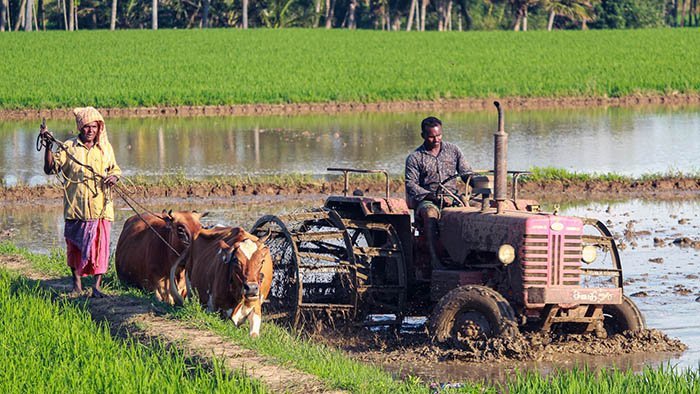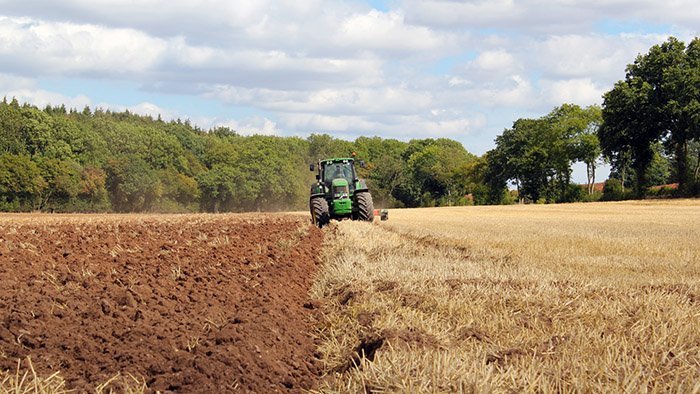Nurturing Tradition and Innovation in Fonni
Fonni, a quaint town nestled in the rugged terrain of Sardinia, Italy, is renowned not only for its breathtaking landscapes but also for its longstanding tradition of sustainable agriculture. Rooted in centuries-old practices, Fonni’s agricultural sector remains a cornerstone of its economy, blending traditional methods with innovative approaches to ensure both environmental stewardship and economic viability.

Nurturing Tradition and Innovation in Fonni
Traditional Crops: Cultivating Sardinia’s Bounty
At the heart of Fonni’s agricultural heritage lies the cultivation of traditional crops such as durum wheat, barley, and oats. These crops thrive in the town’s fertile soil, nurtured by Mediterranean sunshine and mountainous terrain. Farmers in Fonni employ time-honored techniques passed down through generations, emphasizing crop rotation, natural fertilizers, and water conservation practices. Such methods not only preserve soil health but also yield high-quality produce that supports local consumption and regional markets.
Viticulture: From Soil to Table
Fonni’s agricultural diversity extends to viticulture, with vineyards dotting the landscape and producing wines that reflect the terroir of Sardinia. Grapes such as Cannonau and Vermentino flourish in the region’s microclimates, yielding wines known for their robust flavors and distinct characteristics. Local winemakers combine traditional knowledge with modern viticultural practices, emphasizing sustainable grape cultivation and minimal intervention winemaking techniques. The burgeoning wine industry not only contributes to Fonni’s economy but also enhances its reputation as a destination for wine enthusiasts seeking authentic Sardinian flavors.
Livestock Farming: Sustaining Rural Livelihoods
Livestock farming, particularly sheep and goats, plays a vital role in Fonni’s agricultural landscape. Grazing lands across the mountainous terrain provide ample pasture for these animals, which are integral to the local economy. Sheep’s milk is used to produce traditional cheeses such as pecorino, renowned for their rich flavor and artisanal quality. Additionally, the meat from sheep and goats supports local culinary traditions, with dishes that celebrate the region’s pastoral heritage. Sustainable practices in animal husbandry ensure the welfare of livestock while maintaining ecological balance in Fonni’s ecosystem.
Challenges and Innovations: Adapting to Modern Demands
While Fonni’s agricultural traditions are deeply rooted, they are not immune to contemporary challenges. Climate change poses threats such as unpredictable weather patterns and water scarcity, impacting crop yields and livestock health. In response, farmers and agricultural researchers in Fonni are embracing innovative solutions. These include precision agriculture techniques, renewable energy integration, and water management strategies to enhance resilience against environmental pressures. Additionally, initiatives promoting organic farming and certification schemes cater to growing consumer preferences for sustainably produced food, further bolstering Fonni’s agricultural competitiveness.
Economic Impact: Beyond Farming
The economic impact of Fonni’s agriculture extends beyond farming communities to encompass agro-tourism and local businesses. Visitors are drawn to agrarian experiences such as farm tours, rural accommodations, and culinary events that highlight local produce and traditional cuisine. Agro-tourism initiatives not only generate additional income for farmers but also foster cultural exchange and appreciation for rural lifestyles. Furthermore, the sale of agricultural products, including olive oil, honey, and specialty meats, supports a network of small-scale enterprises that contribute to Fonni’s economic diversity.
Education and Future Prospects: Nurturing Agricultural Stewardship
Education plays a pivotal role in sustaining Fonni’s agricultural legacy and fostering future generations of farmers. Local educational institutions offer programs in agronomy, sustainable farming practices, and rural development, equipping youth with the knowledge and skills to innovate while preserving traditional wisdom. Apprenticeships and mentorship programs connect aspiring farmers with seasoned experts, ensuring continuity in agricultural stewardship and promoting entrepreneurial ventures in agribusiness.
Conclusion
In conclusion, Fonni’s commitment to sustainable agriculture underscores its resilience and adaptability in a rapidly changing world. By honoring centuries-old practices while embracing innovation, Fonni cultivates a harmonious relationship between tradition and modernity. As the town navigates the complexities of global markets and environmental challenges, its agricultural sector remains a steadfast pillar of economic stability and cultural pride. Through sustainable farming practices, educational initiatives, and community engagement, Fonni ensures that its agricultural heritage continues to flourish, sustaining both its economy and cultural identity for generations to come.
